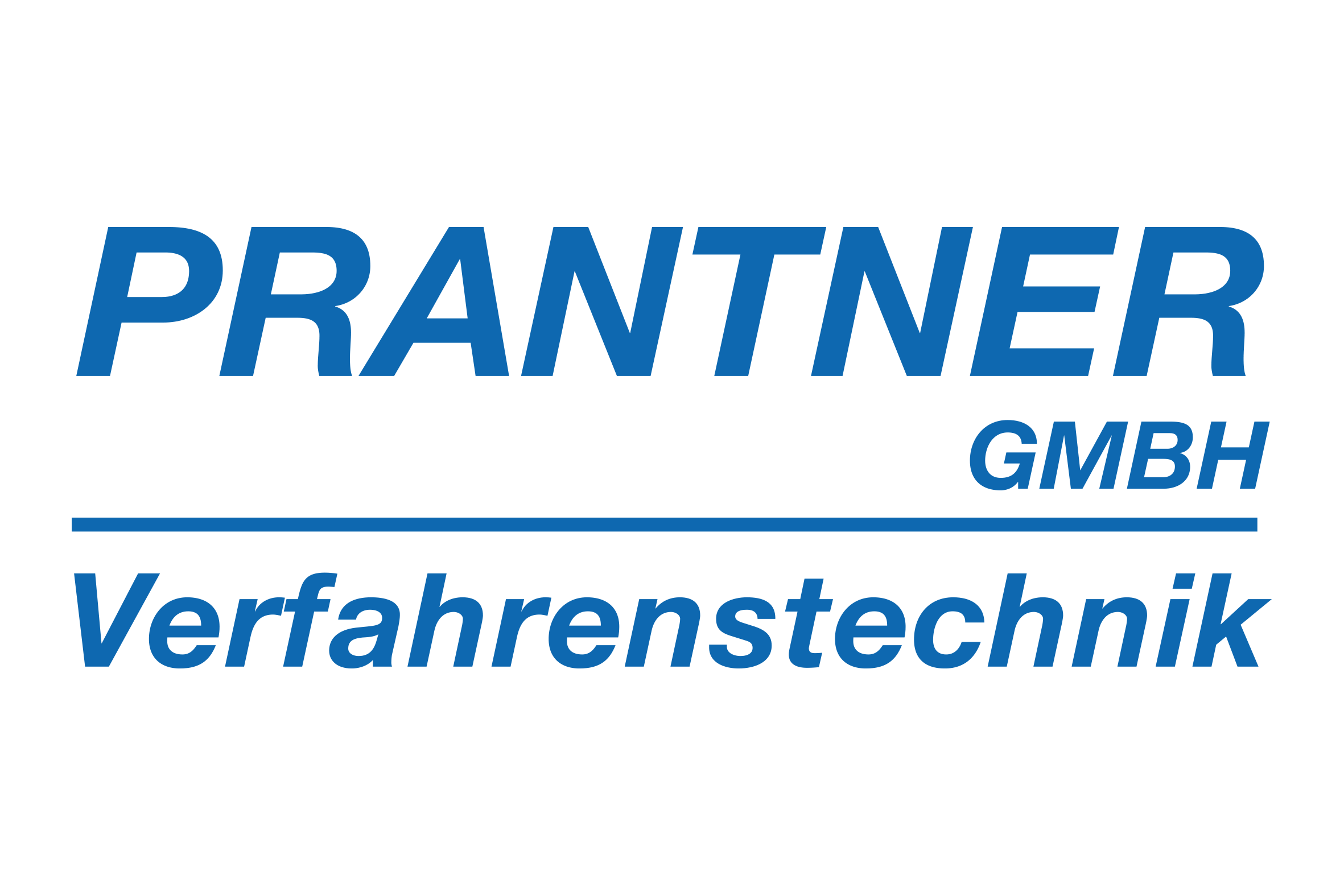Ammonia elimination
Thermal desorption/ Catalytic ammonia oxidation
Process principle
In the first stage the bonded ammonium becomes free ammoniac under alkaline conditions and is transferred into the gas phase by being stripped with a Prantner packed column desorption unit. The free ammoniac is then treated in a catalytic air treatment system in the second stage.The ammoniac loaded air stream is sucked into the unit using a blower and is pre-heated to reaction temperature using either hot exhaust gas, a gas-fired burner or an electrical heater. It is then fed into the reactor bed where the decomposition of the pollutants to elemental nitrogen and water occurs.For the oxidation, a specially chosen catalyst oxidises the gas-phase ammoniac to environmentally neutral nitrogen. The amount of NOx produced is very low, so that emission standards for nitrogen-oxides can be easily met.
Prantner elimination units for the treatment of waste water streams that contain ammonium are used in the treatment of condensates from the disposal of animal carcasses, the treatment of water from sewage farms, from chemical process waste as well as the treatment of permeates from the ultra filtration of landfill run-off.
Advantages
- residue-free, therefore no further disposal costs
- autothermal operation / low operating costshigh efficiency
- robust and reliable units
- no dependency on biological processes
Contact one of our expert advisers...








